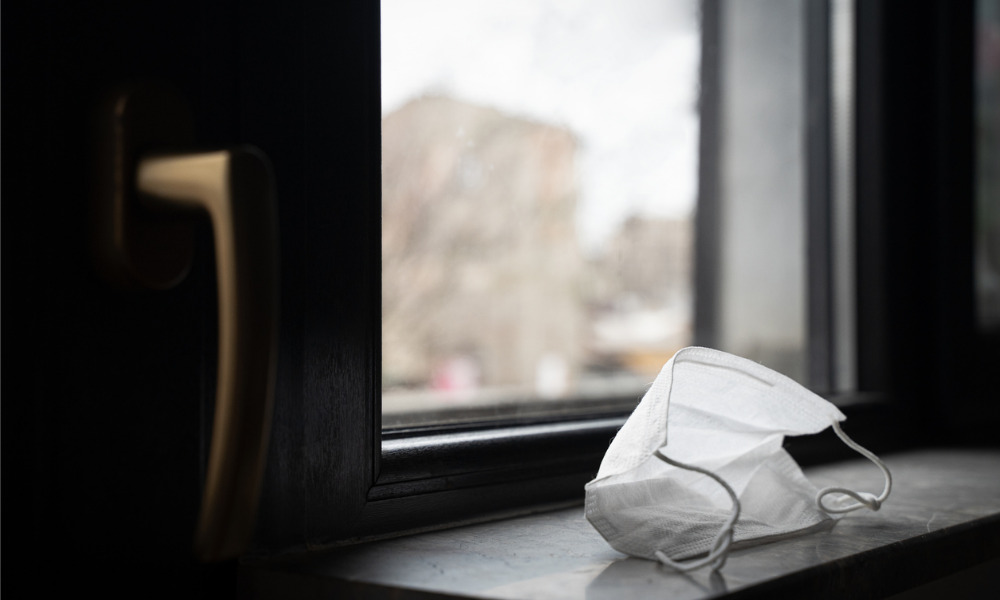
This seeks to prevent business disruptions amid the spread of Omicron

New Zealand will cut down isolation period for COVID-19 cases and their household contacts from 10 to seven days starting 11:59 p.m. on March 11, hoping to reduce the impact of the Omicron variant on businesses and delivery of critical services.
COVID-19 Response Minister Chris Hipkins on Wednesday said that while the government remains committed to stamping out the spread of Omicron, the high case numbers and household contacts is having a "wider impact."
"There needs to be a balance between effectively controlling the outbreak and the flow-on effect for business and essential goods and services such as transport and food supply," said the minister.
"Seven days isolation will break the vast majority of potential transmissions, while ensuring people can get back to work quicker and therefore reducing the impact on business operations," he added.
Household contacts are advised to get a rapid antigen test on the third and seventh day of their isolation period, and if they start exhibiting symptoms of COVID-19.
If the results are positive, they will be required to isolate for another seven days since the positive result. If symptoms persist after seven days, they are required to stay home until 24 hours that their symptoms heal.
"The reduction in the isolation period follows similar changes overseas and increasing evidence that people are most likely to transmit the virus earlier in their infectious period," said Hipkins.
Read more: New Zealand moves to third phase of Omicron response plan
Meanwhile, people who recovered from COVID-19 but become household close contacts will no longer need to isolate as long they got over the disease in the last 90 days, according to the minister.
"Under the Red setting of the COVID-19 Protection Framework there are additional public health measures in place that reduce the risk of onwards infection. These include limits on the sizes of gatherings, wearing face masks, and physically distancing. I urge people to follow these guidelines to continue to protect our vulnerable friends and whānau," Hipkins reminded.
Following the reduction of isolation days for close contacts, the Auckland Business Chamber said that while it is a start, it is not enough to help businesses.
"It fails to take all the steps Government could take to help business maintain its workforce," said the chamber in a statement.
Michael Barnett, the chamber's chief, said in a statement that all businesses are essential as all employees are critical, underscoring that all deserve the opportunity of getting tested daily and reporting to work after a negative COVID-19 test.
"There is no reason why any household contact could not test and if negative maintain their roles in the workforce which would help businesses survive and take pressure off families," he added.